An Overview Of Cyber Security
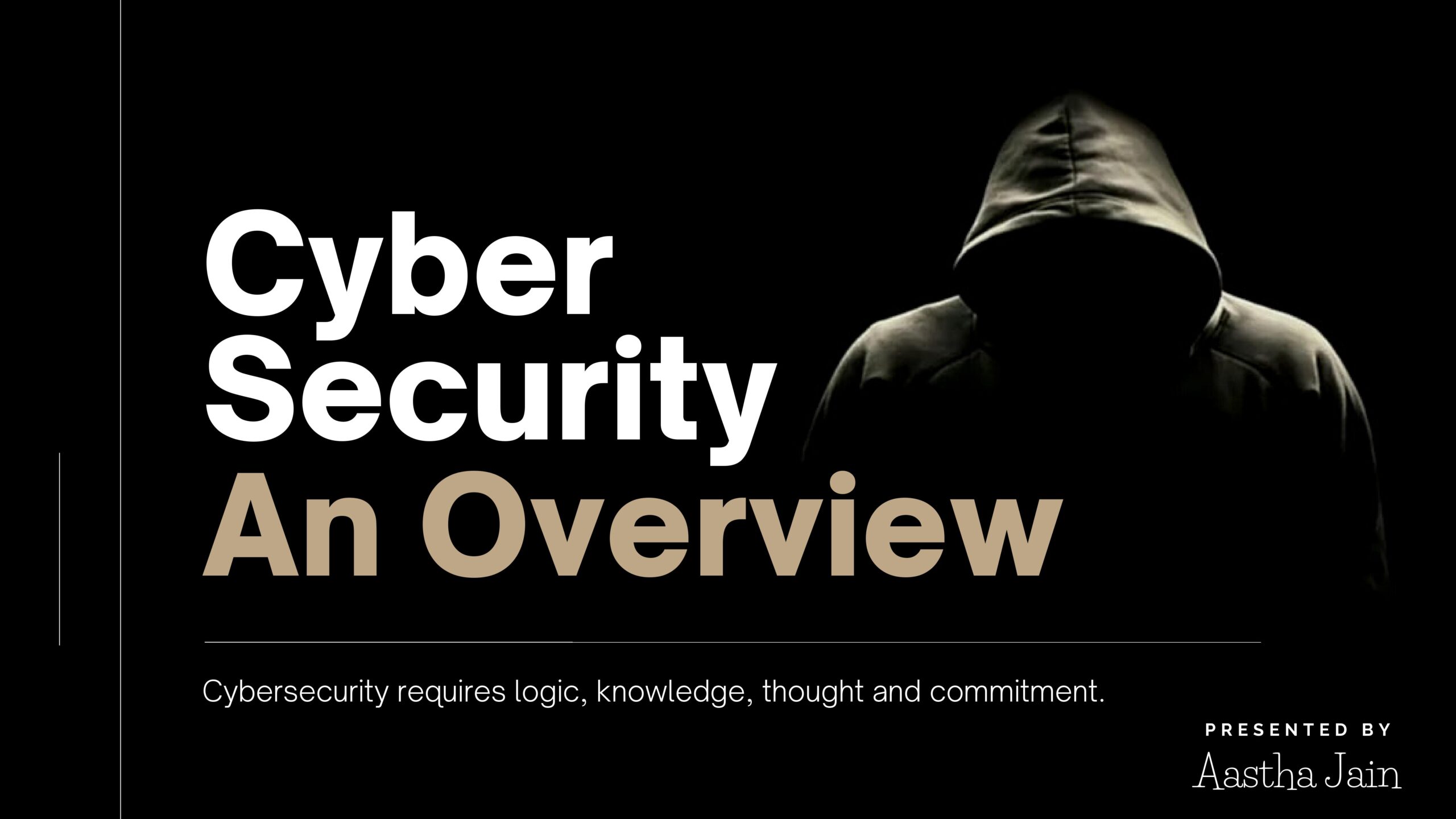
Cyber Security is a very important issue these days as we become more and more reliant on the internet. A computer virus can cause devastating damage to our lives and we need to be aware of the risks involved with everything we do online. This post will explore how you can protect your computer and what you should do if it becomes infected with malware.
Code Of Ethics
- Keep Private and Confidential information gained in your professional work. Not collect, give, sell, or transfer any personal information to a third party without the client’s prior permission.
- Not to engage in despective financial practice such as bribery, double billing, or other improper financial practices.
- Neither associate with malicious hackers nor engage in any malicious activity.
- Not to purposefully compromise or allow the client organization’s system to be compromised in the course of your professional dealing.
- Ensure all penetration testing is authorized and within legal limits.
Understanding Cyber Security
Cybersecurity is the art of protecting networks, devices, and
data from unauthorized access or criminal use and the practice of
ensuring confidentiality, integrity, and availability of information.
Ethical Hacking: A License To Hack
Ethical Hacking is a process of detecting vulnerabilities
in an application, system, or organization’s
infrastructure that an attacker can use to exploit an
individual or organization.
CIA Triad
The respected model forms the basis for the development of security systems and policies.
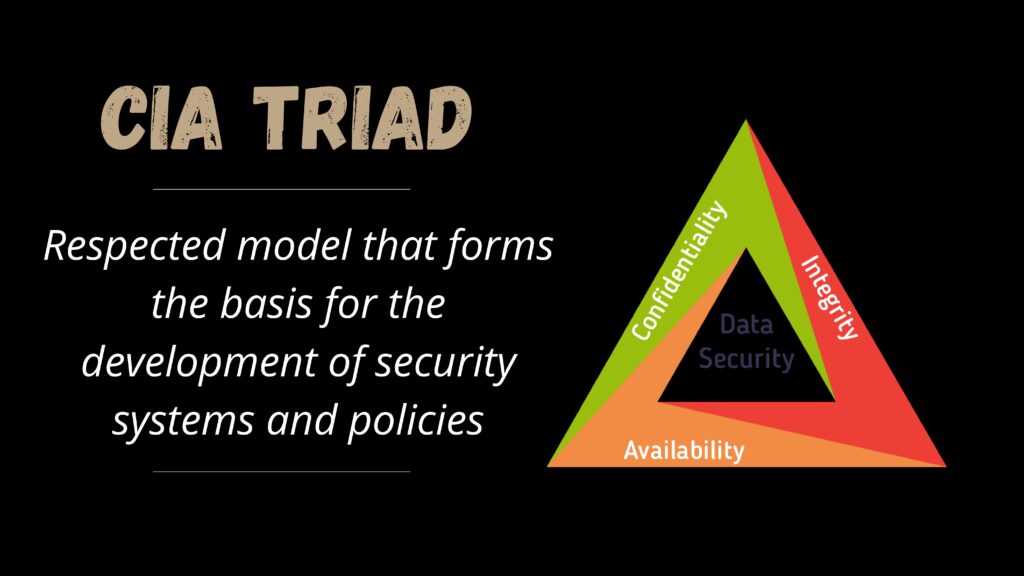
Also Read On:- Prime Minister’s Twitter Account Hacked
Types Of Hackers
There are 3 Types of Hackers
- Black Hat
- Grey Hat
- White Hat
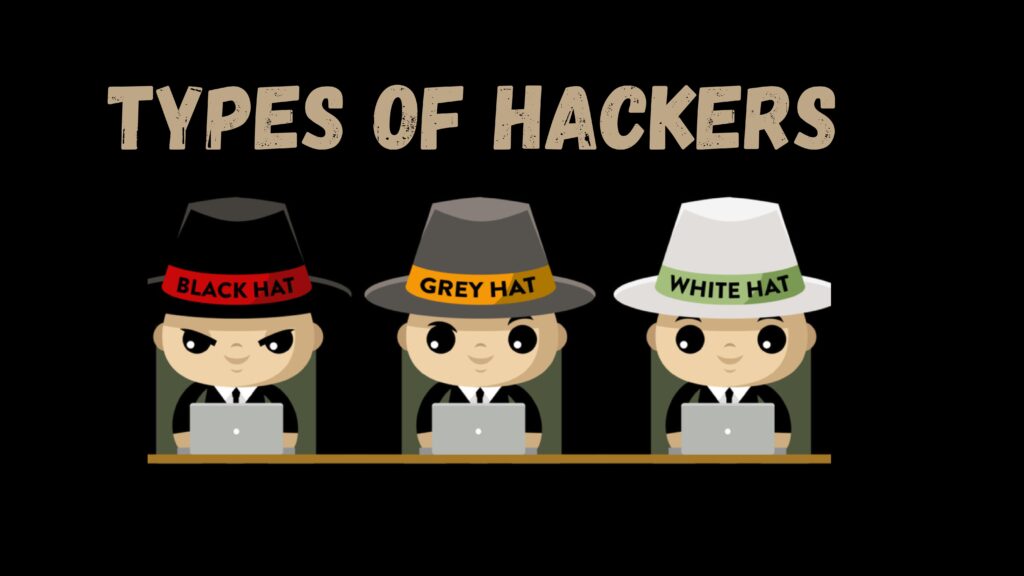
Types Of Attacks
Active Attacks vs Passive Attacks
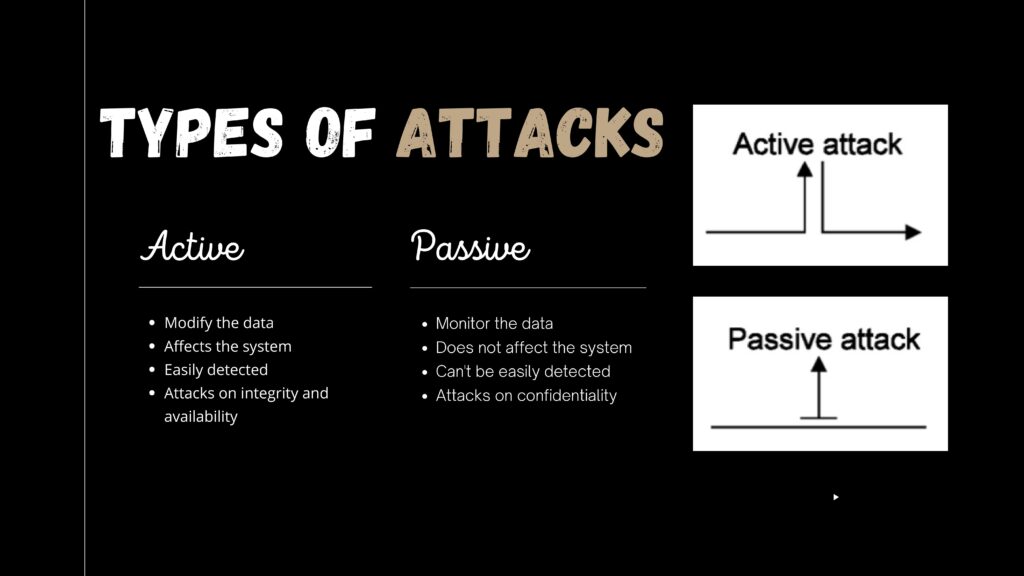
5 Phase of Ethical Hacking
- Reconnaissance
- Scanning
- Gaining Access
- Maintaining Access
- Clearing Tracks
Top Causes of Security Breach
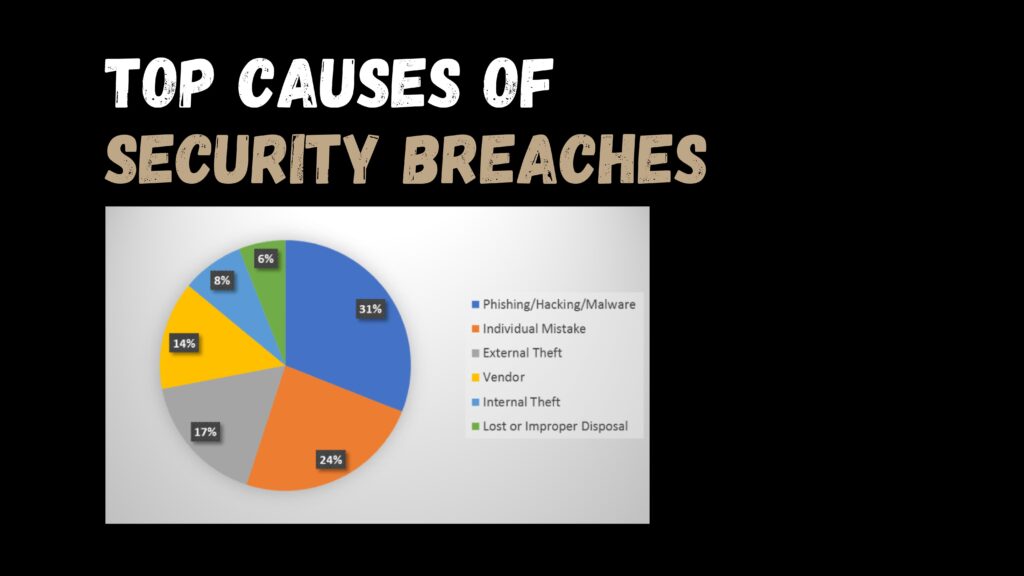
Most Common Cyber Attacks
- DOS/DDOS
- Man-in-the-Middle Attack
- Malware
- Phishing
- SQL Injection
Malware
Malware is any software intentionally designed to cause damage to a computer, server, client, or computer network.
Types of Malware
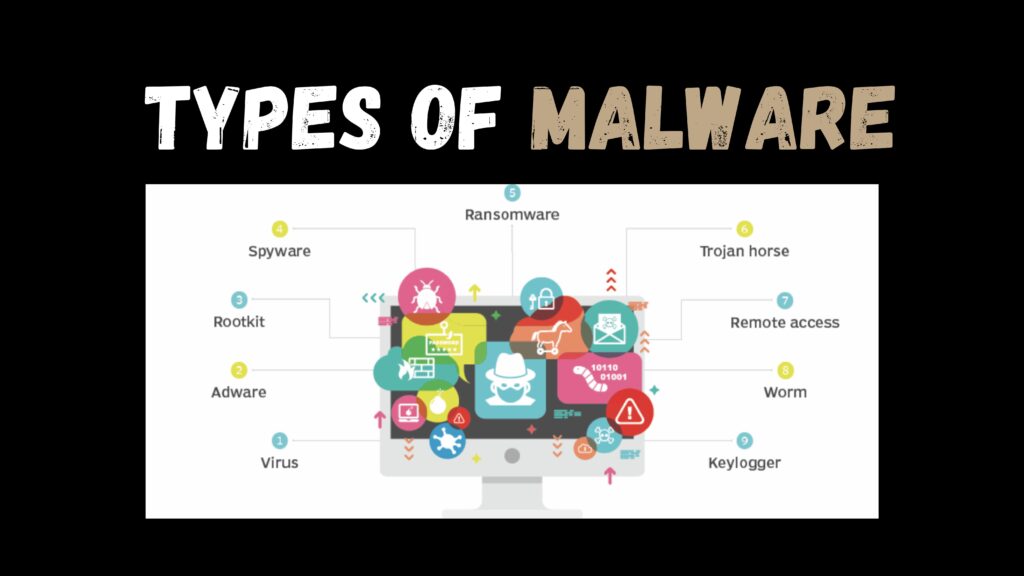
Safety Tips
- Keep your software up to date
- Backup your data regularly
- Don’t use public wifi
- Always use anti-virus protection and firewall
- Use strong passwords
- Use Two-Factor Authentication or multi-factor Authentication
- Visit HTTPS website only
- Avoid installing apps from unknown sources
- Don’t fall for emails/messages from untrusted sources
- Use social media apps carefully








